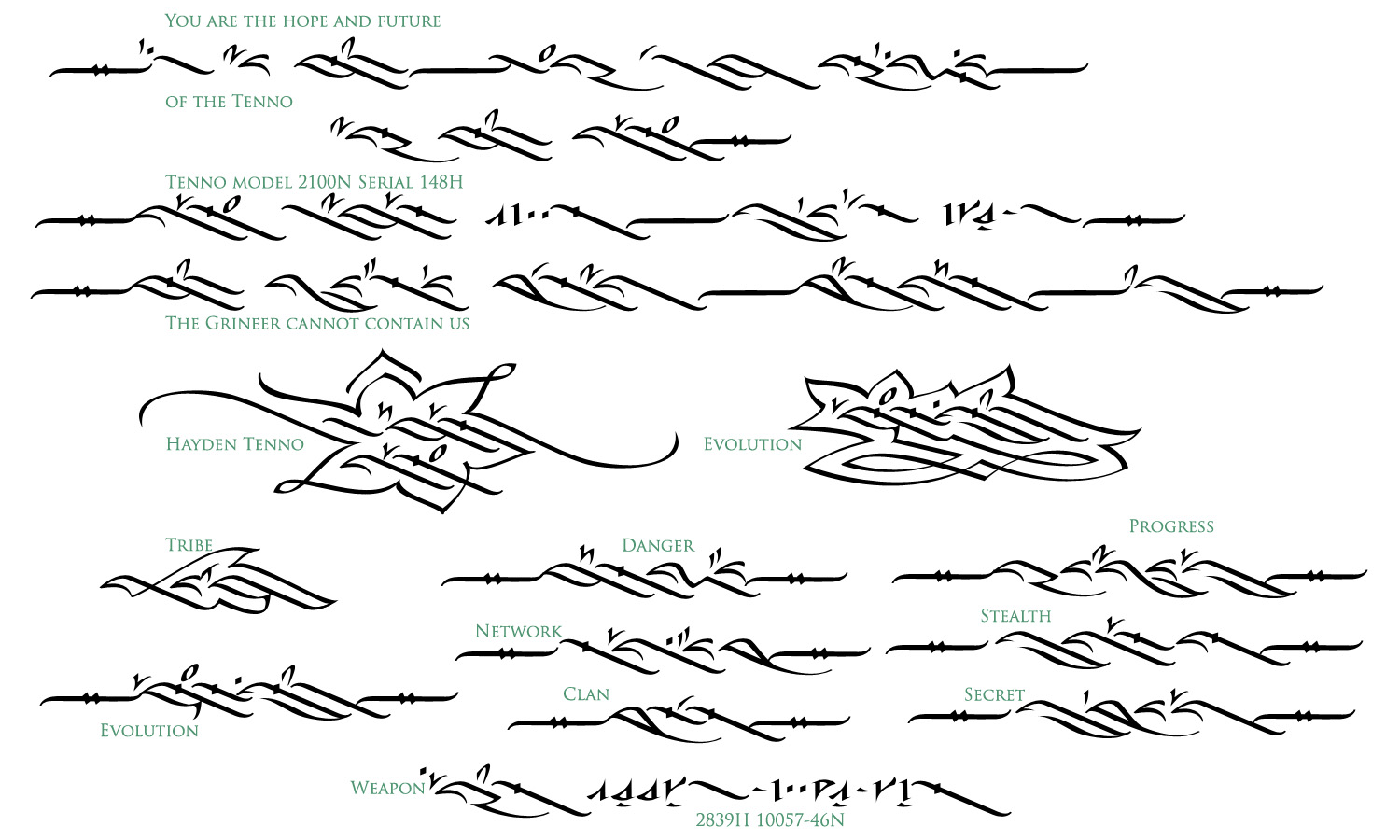
Al Bhed Translator Programming
I got my mesostic generator up & running on Django at PythonAnywhere, and it does its thing. Rock that mesostic! 🙂 Here’s a sample, read through Django’s template language introduction with “Django” as the spine: Document this explains the language Just xml/html templ Ates.
O Ne more althou Gh that has a special bel Ow. Dot (.) ob Jects th At dictio Nary throu Gh l Ower filter, which text “chaine D.” the output Join A list with list joi N:', ' }}. Keygen wic resetter l100. Provides about thirty Give y Ou hee, I like how it threw “chained” in there. 😛 Go on now, pull the other one–it has got bells on. Make your own mesostic here:.
The Al Bhed are a tribal group of technologists in Final Fantasy x and Final Fantasy X-2. They have their own unique language (made up) which is a simple cipher. This Al Bhed translator will convert Al Bhed into English and English into Al Bhed. Within the game, a player can learn thelanguage by picking up Al Bhed Primers.

Side-note: I am posting this in the middle of the night because I thought it was working four hours ago (and wrote the post up to this paragraph then), but apparently when you import a module, its global variables aren’t global for its functions anymore–if program X imports program Y, program X’s global variables are the only global variables, looks like. So I had to figure that out, which took a long time because I thought it was a problem with the textarea widget or Django forms in general, rather than a plain ‘ole Python noob error. Once I found the problem, two lines fixed it up. Don’t worry if you didn’t follow that; I had to write it out for me. Point being, it works! Make poetic nonsense!
Is the tentative, extremely dorky,* name of my mesostic generator, which now works! It takes either a plain text file or pasted plain text as input; strips the punctuation if you tell it to; takes the seed (spine) text that you give it; asks how many times the spine should appear; and rocks your mesostic. 😀 The result is not exactly a true mesostic – which would use a word no more times than it appears in the source text – because it can repeat a word too many times if it has to loop back through. That happens more the shorter the source text is or the more times you repeat the spine. But on the plus side, as long as it can make a mesostic with one copy of the spine (plus the first letter again), it can make as many copies as you want!
For now, I’ve set a limit of 20 copies, but I can easily increase that; it’s just in case some fool tries to run the thing a million times or something. 😉 The program also handles cases where it can’t create the full mesostic pretty gracefully – instead of just throwing a nasty error, it prints a message that says it couldn’t complete the request, then prints as much of the mesostic as it was able to make. Much nicer, right? Now, if I can learn a bit of Django, I should be able to get the Python code working online — no JavaScript necessary (though I’d still like to rewrite it in that for my hosted site that doesn’t allow server-side code). * “P.S.” stands for “poesis spinea” – which I hope is Latin for “spiny poetry.” You know, a poem with a spine.
Pretend I only meant “post-script” if you must. I may or may not be making good progress on a mesostic generator (I really need a good name for this thing, like the Mesostisaur or Poeticus mesosticii orum, something even geekier? 😛 I think my read function is good — it takes the text from a txt file and cleans it up nicely (it does remove punctuation; hyphens within words are ok, but anything between words gets stripped away). But I don’t have a good idea how to test the other subfunctions individually, so I’m trying to do the whole thing and then give it a go.